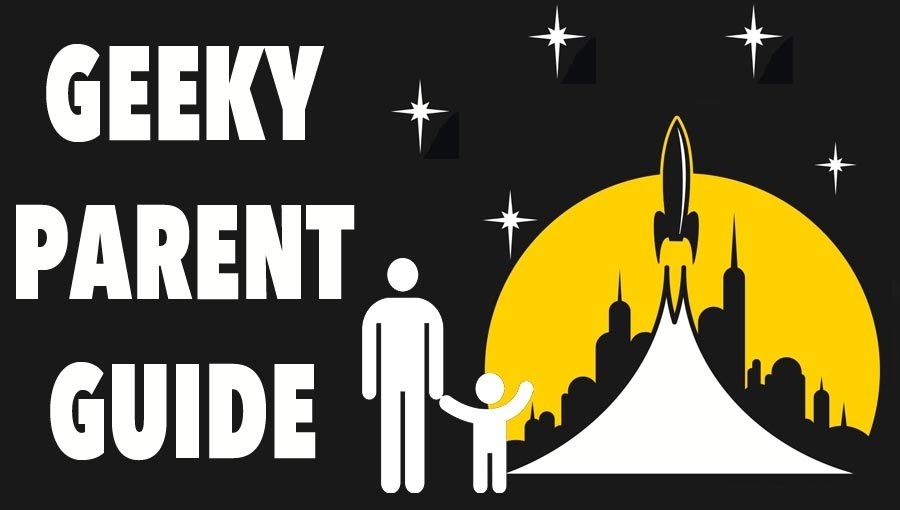What makes Hermione Granger one of the best fictional characters? Is it simply J.K. Rowling’s keen ability to tell a story and craft incredible characters? Was it Emma Watson’s wonderful portrayal in the film series? Or perhaps there’s something more. Perhaps readers find something in her character to cheer for, to believe in, and maybe, just maybe, something we hope to see in ourselves.
Hermione Granger is a champion. She’s a superhero. She’s the definition of a truly good person, and her strength of will and character provide her the tools needed to be Harry Potter’s hero – his anchor. Hermione was the person to constantly remind Harry what being a wizard meant, learning in school and dealing with those that would ridicule the boy who survived “He-Who-Must-Not-Be-Named,” and then showing him what was worth fighting for against the very same “You-Know-Who.”
During the first book of the Harry Potter series, Hermione’s preparation and intelligence shined. Her words uttered, which I’m sure you can remember clearly, replaying it again, “…or worse, expelled,” weren’t only a definitive stance on exams being more important than being alive, but a way to emphasize her desire to have a plan, and a good one, before traipsing off into the night on a wild goose chase. Yes, it’s not likely that she or anyone would’ve planned on running into – spoiler alert – a giant, three-headed dog, but it’s safe to say they might’ve had a better exit plan or some way to disguise themselves in the event of finding something magical in the halls of Hogwarts School of Witchcraft and Wizardry. Let’s be clear – they’re wizards and should have an understanding of weird things happening – and Hermione’s lineage, being born to two Muggles (also known as non-magic folk), doesn’t prevent her from being aware of many great things.
Her parents were a source of contempt for some who believed those that were witches and wizards were only truly so if their parents were both magical beings, as well – “pure-bloods” as they’re called. Anything less meant hateful reactions, believing “lesser” magical beings should not be allowed to attend school, or even shaming one’s own child for being outdone by a craftier witch. Dealing with this kind of hostility from classmates and parents did not deter Hermione from being great. She sometimes dealt with such occurrences with anger, and as the series continued, her confidence grew to voice her pain, outrage, or delight, which not only gave her strength, but allowed Harry to see how to move forward and know it’s not always easy.
During Harry Potter and the Goblet of Fire, Hermione started S.P.E.W. – standing for “Society for the Promotion of Elfish Warfare.” If this didn’t explain to Harry what was eventually worth fighting for, then Harry would’ve clearly missed the point. Hermione understood what it felt like to be considered an outcast, and she amplified her awareness to learn that “Elf enslavement goes back centuries.” Unfair treatment for them would stop, and that became her mission, with the enlisted help of Harry and Ron, of course. The desire to see wrong be undone is at the forefront of her motivations, and her presence helps Hogwarts, and Dumbledore’s Army, be a staging ground to defend against those who wish to conspire with the Dark Lord.
With all of her intelligence, willingness to continue to learn, emotional maturity (yes, even with the knock to Malfoy’s face), and the desire to see everyone treated fairly (well, the exception again for maybe Malfoy), these amazing characteristics follow an unwavering loyalty to Harry – one that he needs throughout the series. Hermione’s dependability is something Harry can always count on, and I do not believe it merely relates to her astute observations and magical abilities. He knows Hermione will always be by his side through everything. Confidence comes with such a bond. Even though there are things to fear, their friendship allows them to move forward as the tale gets darker and their quest to see good triumph over evil falters.
I do not consider myself an expert of Harry Potter, having only read the series a couple of times, but it doesn’t deter me from being inspired by Hermione Granger. Such bravery, loyalty, intelligence, and friendship are the things I look to see for my own kids. At their ages of three and four, it’ll be some time before they can read or watch the series. I am excited for that moment to arrive, so they can see what an amazing character she is, and maybe they’ll see what I see. She’s the anchor to the story. Without her, would Harry not drift away from the path of saving the world? This statement doesn’t diminish Harry’s character; in fact, isn’t that the point? It’s not a world worth fighting for, if you don’t have someone that believes in you and equally depends on you.
How will my kids feel when they embrace Harry Potter? Will they hope to be in Gryffindor, and will that reason be Hermione? Will they love all of the characters or pinpoint others as their favorites? It’s safe to say that wondering about it will make the wait entertaining, and clearly another reason to revisit the series again and again.
What do you think? Do you or your kids have any thoughts on Hermione Granger? Do you believe someone else is better suited to be Harry’s greatest ally? Share your thoughts in the comments below, and don’t forget you can head over to the Geeky Parent Guide on Twitter and Facebook to join other geeky parents in the conversation. For more news on the wizarding world, check out “Celebrating 20 Years of Harry Potter,” where the GPG explores the British Library and how they’re celebrating the anniversary of Harry Potter and the Philosopher’s Stone.
Until next time, happy parenting and happy geeking.

